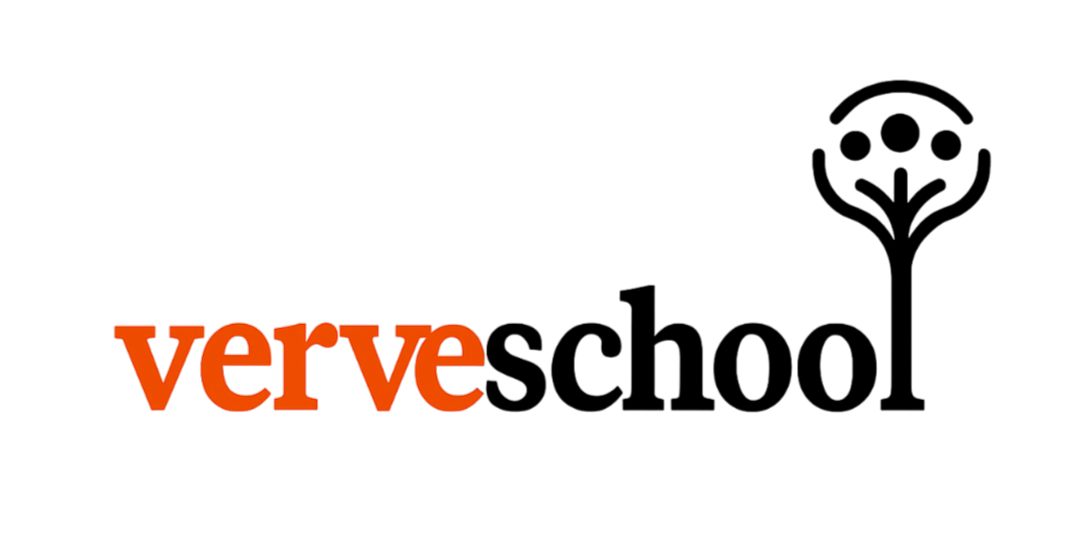when degrees stop working
bobby graduated with an engineering degree. zero sales experience. one year gap in his resume.
no company would look at him. his degree meant nothing. the gap made it worse.
he joined verveschool in february. by march he was placed. in june he earned 89,000.
four weeks from unemployable to top performer.
bobby's story isn't unique. it's the pattern now.
only 45% of indian graduates who apply for jobs are employable.
9 million out of 55 million graduates in india are unemployed.
employment rate for fresh graduates between 2014 and 2020 was 22-26%.
indian parents spend 34-50 lakhs on private education. average starting salary? 2.5 lpa.
takes 10-15 years just to break even.
something fundamental broke.
degrees used to be proof you could do the work. now they're just proof you sat through classes.
the shift happened quietly. companies used to train new hires. spend months teaching them the actual job. degrees were just the entry filter.
then training budgets disappeared. companies wanted "day one ready" employees.
but universities kept teaching theory, not application. the gap widened.
80% of undergraduate students are enrolled in the least employable disciplines. not because those subjects are worthless.
because universities optimized for credential production, not skill development.
more students means more tuition revenue. easier to scale lectures than hands-on training.
the incentives pushed education away from employability.
meanwhile, work changed faster than curriculum committees could meet.
five years to update a degree program. six months for an industry to transform completely.
by the time universities teach a skill, companies need something different.
here's the paradox: the more education you get, the worse your employment prospects become.
unemployment at primary level: 3.6%. at postgraduate level: 9.3%.
why? because higher education moves you further from practical skills.
more theory, less application. more credentials, less demonstrated ability.
companies don't trust degrees anymore. they've hired too many graduates who can't do the actual work.
so what do they trust? demonstrated skill. projects. portfolios. proof you can solve real problems.
this is why manasi, a verveschool member, said: "the real world does not care about my degree, so i decided to build skills that matter."
lalit, another verveschool member, felt lost with his cs degree. found his path in sales. became a top performer in weeks.
the pattern repeats. skills with short learning curves and immediate feedback loops beat four years of theory every time.
companies will pay for demonstrated ability. they won't pay for credentials and hope.
the education system won't fix itself. too many incentives pointing the wrong direction.
too much infrastructure built around the old model.
but individuals can route around it. learn skills that companies actually need.
demonstrate ability instead of waving credentials.
bobby did it in four weeks. so can anyone willing to focus on what actually works.

